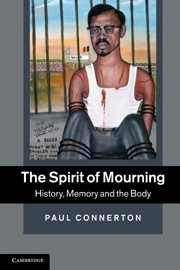Book contents
3 - Silences
Published online by Cambridge University Press: 05 June 2012
Summary
Among the many stories circulating about Wittgenstein, one concerns a train journey he shared with the Italian economist Sraffa. It appears that Wittgenstein was for some time engaged in perplexed reflection, and that he eventually broke his silence to say: ‘You see, it isn't possible to say anything without words.’ To which Sraffa responded with a shrug.
Sraffa's silence is the more resonant because of our inclination to fear silence. That fear is by no means a cultural universal; in this respect East and West are poles apart. In Asian cultures silence is valued and lengthy silences are gladly tolerated by those who sit or stand together in close proximity. In his study of the modern Japanese novel, Masao Miyoshi remarks that in Japanese society ‘reticence, not eloquence, is rewarded’ and that ‘in art it is not articulation but the subtle art of silence that is valued’; this ‘passion for silence’, as he calls it, can be found in narrative techniques such as the inclination to set a scene ‘by suggestion and evocation’ rather than description.
- Type
- Chapter
- Information
- The Spirit of MourningHistory, Memory and the Body, pp. 51 - 82Publisher: Cambridge University PressPrint publication year: 2011



